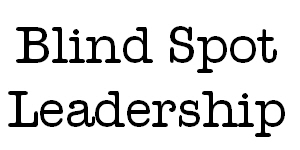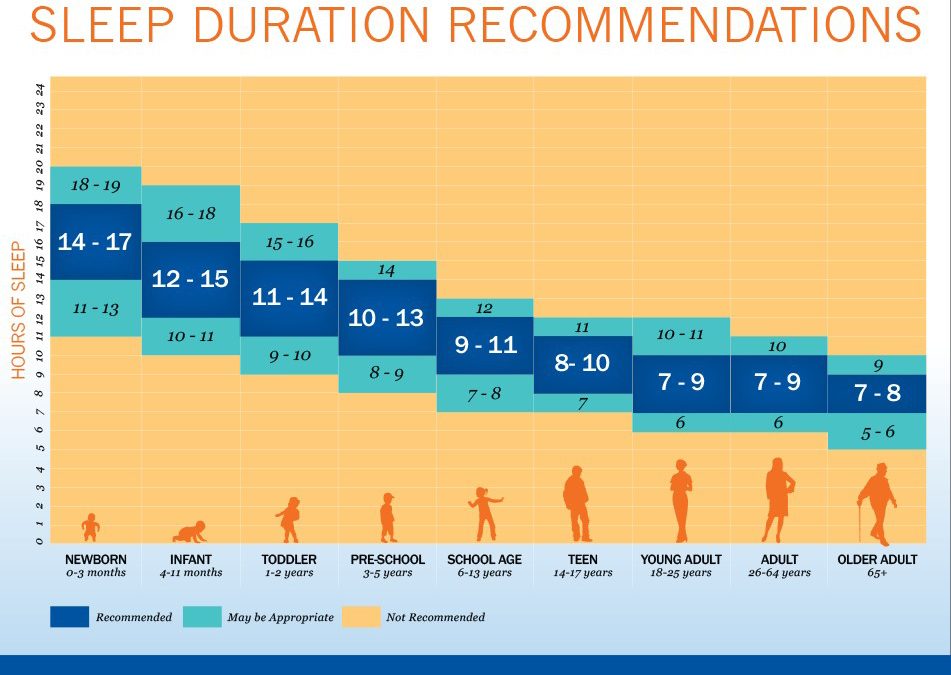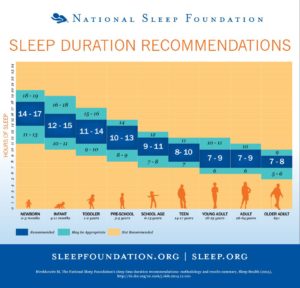Leadership and Sleep
Did you know that there is a connection between leadership and sleep? Last week Huffington Post reporter Sarah DiGuilo posted an article about how sleep makes you a better boss.
In it she cites a new study in the Journal of Applied Psychology that indicates that too little sleep has an impact on both the leader and employee in an organization. Sleep deprived employees are harder to lead, and sleep deprived leaders are seen as less charismatic.
How much sleep?
According to the National Sleep Foundation, the average adult needs between 7 and 9 hours of sleep per night. My natural tendency is to assume that I can get away with less rest. But years of falling asleep whenever my surroundings got quiet enough indicate that I am not getting enough sleep. Like most people (according to the NSF), I was operating from a sleep debt. Sleep debt is a condition created by long periods of too little sleep. Most people no longer know what it means to function with enough sleep. This has a significant impact on leadership potential. Lack of sleep impacts you ability to learn, your memory, your emotional state of being, and can have some long and short term impacts on your physical health. Read here and here for more information.
Diagnosing and Fixing the Problem
A sleep journal can begin to help solve the problem – keeping track of hours slept and how rested you feel when you awake. There are apps (I use SleepCycle) that can do this for you, and also track rest patterns and wake you during a light sleep cycle.
Harvard Medical suggests taking a sleep vacation – setting a period of time when your schedule is flexible, going to bed at a set time, and allowing your body to wake up without an alarm clock to determine what your natural sleep range is. If you can’t pull that off right now, try to be honest with yourself about how rested you feel not only when you awake, but also during the day.
Caffeine?
Using caffeine to combat the tiredness from lack of sleep can also contribute to the problem of sleep debt, and hindered leadership effectiveness. According to Mayo Clinic, nervousness, restlessness, and irritability are just three of the side effects of heavy (more than 4 cups a day) caffeine use.
So do yourself a favor as a leader, don’t push for overproduction at the cost of effective sleep. Recognize there is a connection between your leadership and sleep. When you acquire sleep debt over a season, be sure to take appropriate time to pay it off. Most importantly, learn what your body needs, and build healthy habits for long-term leadership effectiveness.



Recent Comments